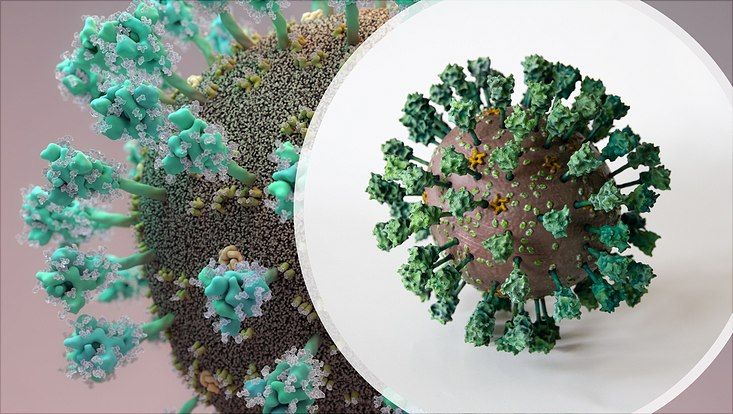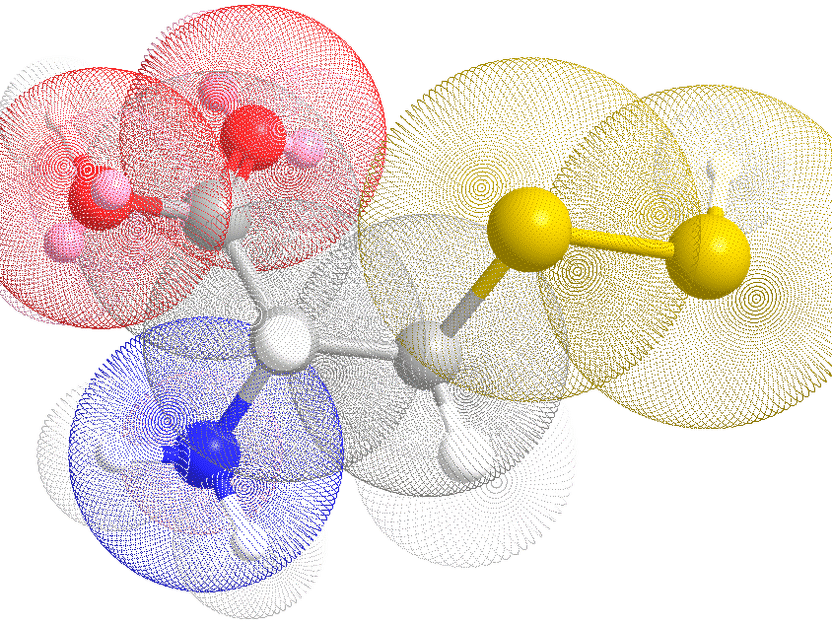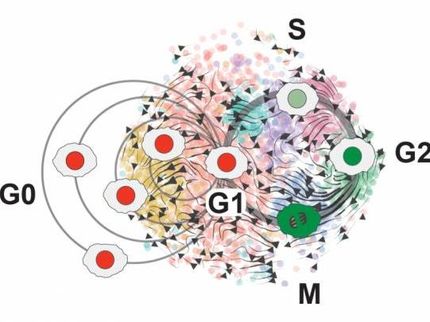Afinitor and Sandostatin LAR Phase II data show advanced pancreatic NET patients remain progression-free for nearly 17 months
New data demonstrate that treatment with Afinitor® (everolimus) Tablets in combination with Sandostatin® LAR® (octreotide acetate suspension for injection) and Afinitor monotherapy may have the potential to control tumor growth in patients with advanced pancreatic neuroendocrine tumors (NET). These results will be presented at the 11th World Congress on gastrointestinal cancer in Barcelona, Spain.
RADIANT-1 (RAD001 In Advanced Neuroendocrine Tumors) is a Phase II study of 160 patients with pancreatic NET resistant to treatment with cytotoxic chemotherapy. The final analysis shows that patients who received Afinitor in combination with Sandostatin LAR, an approved treatment for symptom control in certain types of NET, remained progression-free for a median of 16.7 months, nearly four additional months since the first analysis was reported*[1],[2]. In addition, 84% of patients receiving combination therapy experienced a decrease in tumor size. Patients who took Afinitor monotherapy remained progression-free for 9.7 months and nearly 60% of patients experienced a decrease in tumor size.
"These final results from the RADIANT-1 trial demonstrate the potential of Afinitor to stabilize tumor growth for a prolonged period of time when used in combination with Sandostatin LAR or as monotherapy," said James Yao, MD, Associate Professor of Medicine at The University of Texas M.D. Anderson Cancer Center. "With limited options available to treat advanced pancreatic neuroendocrine tumors, these promising data suggest Afinitor may provide benefit in patients who experienced disease progression after chemotherapy."
Furthermore, the results of RADIANT-1 were evaluated to explore biomarkers that may help identify the patients most likely to benefit from treatment with Afinitor. An analysis of the study data showed that patients who demonstrated an early response on chromogranin A (CgA) and neuron-specific enolase (NSE) levels experienced longer time without disease progression compared to patients who did not have an early response on CgA and NSE levels. Further evaluation is ongoing in Phase III trials to determine the potential value of these biomarkers for determining optimal treatment options for patients with NET.
Topics
Organizations
Other news from the department research and development

Get the life science industry in your inbox
By submitting this form you agree that LUMITOS AG will send you the newsletter(s) selected above by email. Your data will not be passed on to third parties. Your data will be stored and processed in accordance with our data protection regulations. LUMITOS may contact you by email for the purpose of advertising or market and opinion surveys. You can revoke your consent at any time without giving reasons to LUMITOS AG, Ernst-Augustin-Str. 2, 12489 Berlin, Germany or by e-mail at revoke@lumitos.com with effect for the future. In addition, each email contains a link to unsubscribe from the corresponding newsletter.
Most read news
More news from our other portals
Last viewed contents

Revealing the Invisible Enemy - The coronavirus model developed by the Coronavirus Structural Task Force is the most exact model developed in the world to date
Biacore vitamin test kits receive AOAC R I certification

Stop aging? - Key molecule of aging discovered

BioPAT® MFCS | Process management software | Sartorius
Facio partners with Evotec and initiates FSHD drug discovery programme
Pitt researchers harness carbon nanomaterials for drug delivery systems, oxygen sensors - Researchers describe carbon nanocapsules for drug and energy storage in Advanced Materials, creation of highly sensitive oxygen sensors in Nature Chemistry

How stressed tumor cells escape cell death - New mechanism discovered
Metabolic pathway that drives tumor growth in aggressive cancers
Estonian Genome Project Foundation (EGPF) - Tartu, Estonia























































